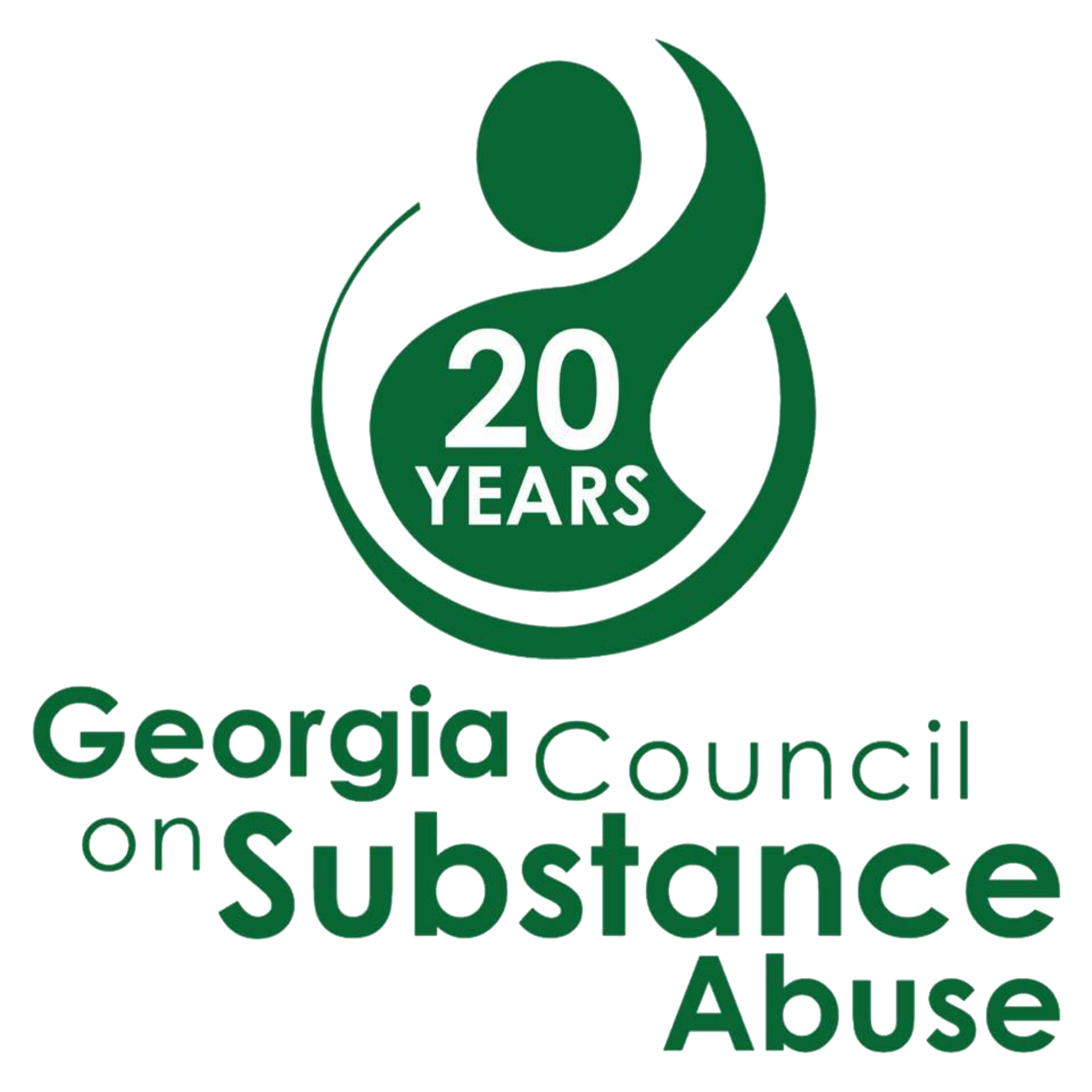
Georgia Council on Substance Abuse spokesman Jeff Breedlove said a recently enacted law on mental health parity could have major impacts on communities like Bartow County.
JAMES SWIFT/THE DAILY TRIBUNE NEWS
Posted Monday, April 18, 2022 2:14 pm
BY JAMES SWIFT
2022 being an election year, things are politically tense in Georgia.
As divisive and partisan as the climate in the state may be, however, House Bill 1013 passed in the Georgia House of Representatives 166 votes to zero — then breezed through the Georgia Senate with a 54-0 vote.
Republicans and Democrats may not agree on much, but it’s apparent that Georgia’s lawmakers — on both sides of the aisle — found HB 1013, alternately known as the “Georgia Mental Health Parity Act” — to be important legislation.
And that’s for good reason, notes Jeff Breedlove, the chief of communications and policy for the Georgia Council on Substance Abuse (GCSA.)
“It’s a six-part bill, so it does a lot,” he told The Daily Tribune News. “Arguably the most impactful part of the bill is part one, the parity part — it establishes, finally, under State law after 14 years of the State not enforcing a federal law, that parity will be enforced.”
The bill, which was signed into law by Gov. Brian Kemp on April 4, brings Georgia into compliance with the Mental Health Parity and Addiction Equity Act of 2008.
Essentially, that means insurance coverage for treatment of mental health and substance use disorders must be as extensive as treatment for other forms of physical and medical illness.
“Families will have access to mental health and substance use coverage in both private and public insurance policies,” Breedlove noted.
Barbara Hoffman, executive director of the local nonprofit Recovery Bartow, said the bill is no doubt an important one.
“Early intervention is crucial in positive treatment outcomes,” she said. “With 76% of lifetime mental illness beginning in adolescence, 90% of adults with a substance use disorder stating they started using as an adolescent, and suicide the second leading cause of death ages 12-18 — and third leading cause ages 10-24 —we had better have a massive paradigm shift in our thinking and understanding of mental illness.”
Another major change enacted by HB 1013 pertains to the formula for medical loss ratio (MLR), which outlines how much insurance companies are required to pay the State of Georgia on certain types of coverage.
Under the recently enacted law, the amount required in Georgia is bumped up 2%.
“The federal law is a minimum of 85%, in Georgia they’ve been paying 83%,” Breedlove said. “There’s no set number, but every independent study that was testified about it, it was between $250 million and $500 million that should be going into the State budget.”
Without increasing taxes, Breedlove said that provision alone should generate “hundreds of millions” for the State coffers.
“There weren’t be any more money in the budget because of parity in the State budget, but there’ll be more money in family budgets,” he said. “For a lot of people, it means they don’t get the help it all, for a lot of families it means they go into debt … now they don’t have to do those things, now the policies will cover it the same way it covers a broken arm or a hip replacement.”
The bill also defines “behavioral health co-responders” and requires Georgia to provide funding for a minimum of five new programs, with each program comprised of at least one co-responder team.
“Law enforcement officers will start getting training so that they are better equipped in the field to know how to service somebody who may be having a mental health or substance use issue that’s not necessarily a crime,” Breedlove said. “We’ve set things up in law where the officer will contact a doctor on a cell phone — it’s telemedicine coming to the next level.”
Such policies and models, Breedlove said, could have major impacts on incarceration rates throughout the state.
“It’s not just that we have one, we’ve figured out how to do it for Georgia,” he said. “All the way from point of contact to where the peer ends up and how you transport them and who’s responsible — all that’s in place.”
The recently enacted law also contains a loan forgiveness provision for “an array of professions” and benefits packages for individuals who agree to work in smaller, typically underserved rural or exurban communities for at least one year.
“We’re going to have more people who want to provide the medical services for mental health and substance use disorders in our state, instead of going to Florida or Tennessee or Alabama,” he said. “So not only will they help the Georgia community medically, they’ll be buying a home or renting an apartment and working and eating and shopping and dining out and doing entertainment stuff in our state … so we’re building a workforce, and I think that’s a huge investment that’s going to help local governments with their budgets.”
Breedlove said he doesn’t have any concerns about oversight or enforcement of the provisions of the bill — but rather a sense of optimism.
“We worked very hard with the commissioner of insurance, with the governor’s office, with the attorney general’s office,” he continued. “We believe that the language in the bill to enforce all the parts of this bill, that the proper legal language is in there and the proper funding is in there.”
He noted that there is money in the State budget for a compliance officer within the Georgia insurance commissioner’s office. He also said there is text within the bill that makes it unmistakable how insurance companies are supposed to do their mandatory reporting to stay in compliance with the act.
In other states, Breedlove said comparable bills leave some ambiguities regarding reporting criteria. In the worst case examples, he said companies simply hand over data points to the State — tantamount to a meaningless “word salad,” as he described it.
“Under our law, it has to be submitted in such a manner that the department of insurance can interpret it,” he said. “And the citizens can read it and use it in a practical way to know it’s being enforced.”
Recovery community organization (RCOs) and other substance use disorder treatment programs could be major beneficiaries of the new law, Breedlove said.
“As people get the health care they need on the front-end — as they go from active addiction to some type of treatment — you’re going to see more people enter into recovery,” he said. “And they will know how to utilize places like Recovery Bartow and the Arena … we couldn’t be more ecstatic from a practical point of view.”
For Hoffman, the passage of HB 1013 is an indication that — potentially — prevailing perspectives may be changing on matters that have long been subject to stigmatization.
“I think ‘mental health’ should be changed to ‘brain health’ to emphasize the fact that mental illnesses and substance use disorders, both often co-occurring, originate in an actual organ of the body, like for example, heart disease,” she said. “If we thought of these medical conditions as an injury or trauma to the brain, we would likely not have had to have this battle for mental health parity.”

